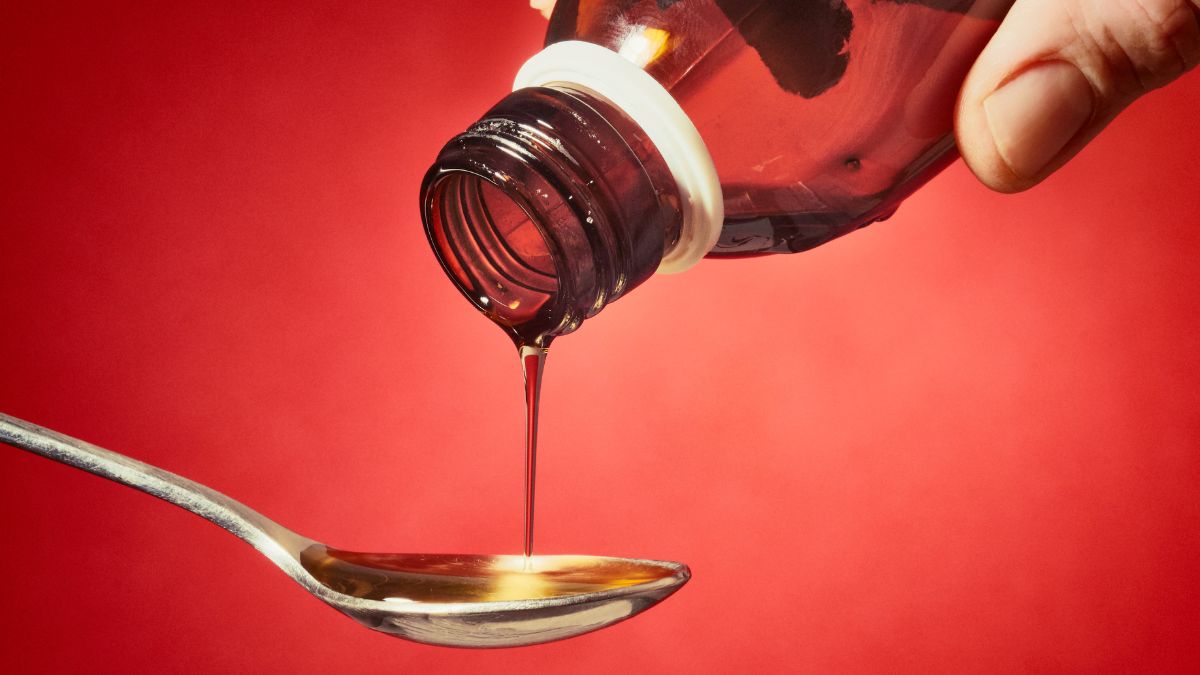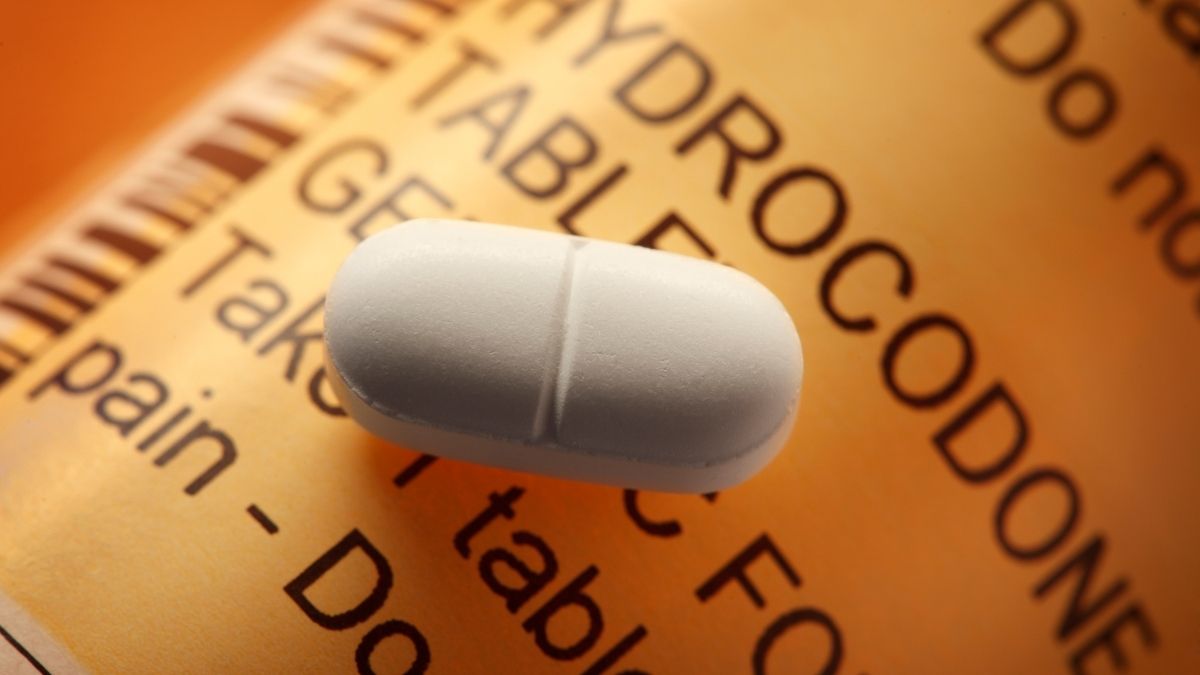Suboxone is a prescription medication used in medication-assisted treatment (MAT) for opioid use disorder, available through licensed healthcare providers. It can help relieve the symptoms of opioid withdrawal, and for this reason, it is often prescribed.
Understanding how long Suboxone stays in the body is essential to using or quitting the drug safely and effectively.
What Is Suboxone?
The opioid crisis is gripping the world like yet another pandemic. Just get this: recently, The Lancet reported that 60,000,000 struggle with an opioid use disorder (OUD) all over the world, while more than 100,000 die every year of opioid overdose. However, these figures need not be anywhere close to what they are
Recovery from opioids is a reality. Suboxone is key to the care you can receive if you are struggling with an OUD. It is the brand name of a prescription medication that contains both buprenorphine and naloxone. The former is a partial opioid agonist, while the latter is an opioid antagonist. Together, they reduce opioid-related cravings and withdrawal symptoms so that you can focus on your recovery. So, in this article, we will shed light on what Suboxone is, how it works, and how long it stays in your system so that you can have all the information you need whenever you decide to embark on your journey toward recovery.
How Does Suboxone Work in the Body?
Suboxone is an oral medication - available both as a pill and a sublingual film. When you consume Suboxone orally, it will bind to the opioid receptors in your brain. This function combines the benefits of both buprenorphine and naloxone to reduce cravings and withdrawal symptoms by:
- Regulating brain chemistry
- Reducing the pleasurable effects of opioids, which is what makes them so addictive.
- Impeding the pain-blocking receptors that become activated by opioids.
- Reducing the likelihood of overdose.
While Suboxone in itself is not the whole and sole of opioid use treatment, it is a key component of a comprehensive treatment that seeks to change the underlying patterns of opioid use and move toward recovery. Of course, psychotherapy, medication management, and social support play an equally vital role in treating OUD along with Suboxone.
Call Design for Recovery to Begin Your Healing Journey!
Reach out to our team to discuss sober living options and next steps toward a healthier routine.
Typical Detection Window for Suboxone in Urine Tests
One of the basic questions when you begin Suboxone treatment is how long does Suboxone stay in your system. A common question this is, too, as knowing this keeps you on top of the care you receive. Different factors determine how long this prescription medication stays in your body, and it shows up in different drug tests for different periods of time. Since one of the basic tests for the medication is a urine test, you might be wondering how long does Suboxone stay in urine.
The typical detection window for Suboxone in urine tests is 7 days. This is mainly dependent on the half-life of Suboxone, which ranges from 24-42 hours. However, depending on some factors, it can be detected for even longer.
Factors Affecting How Long Suboxone Stays in Urine
The factors affecting how long Suboxone stays in your urine after the last dose are as follows:
- Dosage: Higher and more frequent the dosage, the longer it takes the body to metabolize and eliminate it. So, depending on this, it can stay in your urine for longer periods of time.
- Metabolism: Metabolism rates are central to how quickly or slowly Suboxone is eliminated from the system. Faster metabolism rates mean quicker metabolism.
- Age: Age can slow down metabolism, thus impacting how long Suboxone stays in your system. Therefore, maintaining a balanced diet and a certain level of physical activity is good for a healthy metabolism rate.
- Body Weight: Greater body weight can slow down the elimination of Suboxone from the system.
- Liver and Kidney Functioning: As the liver and kidneys play a key role in the metabolism and elimination of Suboxone from the system, pre-existing liver and kidney conditions can hinder these elimination rates.
Contact Design for Recovery Today!
Fill out our quick form to connect with a peer mentor and learn how our sober living community supports accountability, structure, and personal growth in recovery.
How Long Can Suboxone Be Detected in Other Drug Tests?
Different drug tests have varying detection windows for Suboxone. Here's a breakdown of how long Suboxone can be detected in different tests:
Hair Tests
Hair tests have the longest detection window for Suboxone. They can detect the medication up to 90 days after the last dose. However, hair tests are not commonly performed except to establish a history of drug use.
Blood Tests
Blood tests have the shortest detection window for Suboxone. It can be detected in the blood for 1-2 days.
Saliva Tests
Suboxone can be detected in the saliva for up to 5 days.
Understanding False Positives and Testing Accuracy
It is a rare phenomenon when a Suboxone test can come back positive for non-buprenorphine opioids even if you are not using any kind of opioids outside of this medication-assisted treatment. This is what we call a false positive. While this is not common, there is a 5%-10% possibility of the same.
While drug tests, even remote drug tests, are mostly effective, they are more common in remote drug tests as they are not as sensitive as drug tests conducted in a doctor’s clinic or a laboratory setting.
Discuss results openly with your prescribing doctor or healthcare provider for a follow-up test if needed.
Tips for Passing a Urine Drug Test While on Suboxone
For Suboxone to show up on a urine drug test, an extended drug screening for buprenorphine, naloxone, or their metabolites is required. Typically, entities like organizations do not order such tests. However, to be on the safer side, you can follow these steps:
- Stay away from contaminants - like prescription or non-prescription medication and certain foods like hemp-derived ingredients, poppy seeds, and tonic water, among others.
- Avoid detoxification right before the test. While detox might sound like a sound option if you are taking a urine drug test, it can actually lead to a false positive.
- Remote testing can be effective but not as accurate as it is when performed in a clinical setting. Therefore, consider the testing methods as well and go ahead only if you are comfortable.
Why Knowing the Detection Time Matters for Recovery and Employment?
If you are in the U.S., the Americans with Disabilities Act (ADA) has been specifically designed to protect employees with substance use disorders who are not actively misusing substances from any kind of prejudice or discrimination in their workplace. Therefore, you are covered under this act if you do not want to disclose to your employer or prospective employer that you are on Suboxone therapy.
However, it is generally a good faith thing to let your employer or a prospective employer know you are taking Suboxone should they want to conduct a drug test. Since employers do not openly tell the kind of drugs they are looking for, there is a slight possibility they can order an extended drug test that looks for buprenorphine, naloxone, or their metabolites. In this case, knowing the detection time matters for your employment.
Meanwhile, when you are in recovery, knowing how long a medication like Suboxone stays in your body is crucial as it makes for efficient medication management planning where medication is not just prescribed but also monitored and adjusted as per your symptoms, medical history, and lifestyle factors. It is good for the timing of your medication so that you know and understand the kind of dosage prescribed by your doctor and adhere to it.
- What Is Suboxone?
- How Does Suboxone Work in the Body?
- Typical Detection Window for Suboxone in Urine Tests
- Factors Affecting How Long Suboxone Stays in Urine
- How Long Can Suboxone Be Detected in Other Drug Tests?
- Understanding False Positives and Testing Accuracy
- Tips for Passing a Urine Drug Test While on Suboxone
- Why Knowing the Detection Time Matters for Recovery and Employment?
Begin Lasting Sobriety Now!
Frequently Asked Questions
No, Suboxone does not show up on every urine test. It shows up on an extended drug test, which tests for the presence of buprenorphine, naloxone, and their metabolites.
Urine tests can detect the presence of buprenorphine for up to 7-10 days.
Suboxone's half-life ranges from 24-42 hours, and it can take multiple half-lives before the medication is entirely eliminated from your body. This takes up to 7 days.
- https://www.suboxone.com/
- https://www.drugs.com/suboxone.html
- https://pmc.ncbi.nlm.nih.gov/articles/PMC5855417/
- https://www.thelancet.com/journals/lanam/article/PIIS2667-193X(23)00131-X/fulltext







Written By
David Beasley